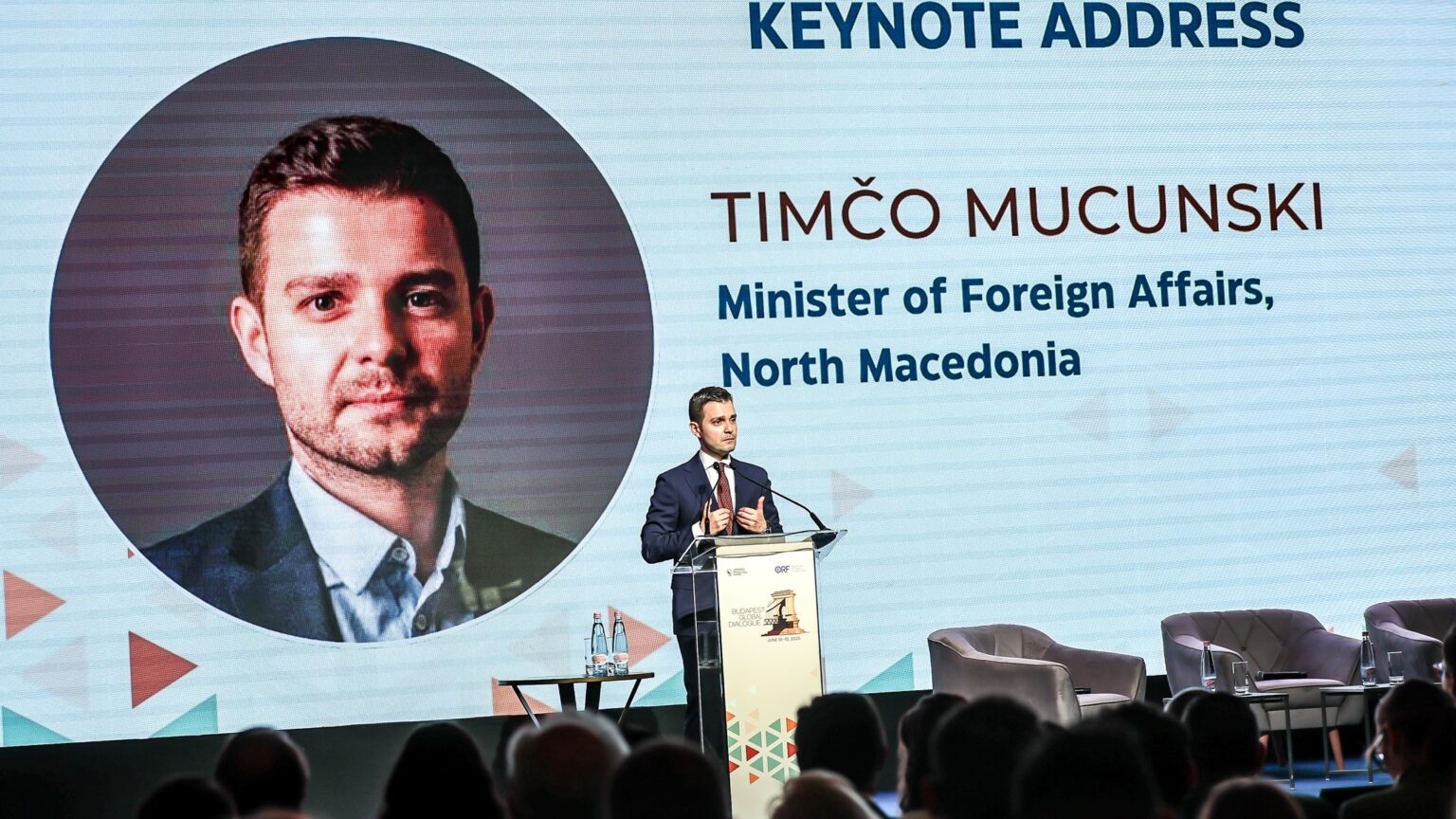
Speaking at the Budapest Global Dialogue 2025, North Macedonia’s Foreign Minister Timčo Mucunski urged the EU to show leadership, not inertia. He emphasized the urgency of enlargement, defended his nation’s identity, and called for a bold European vision.
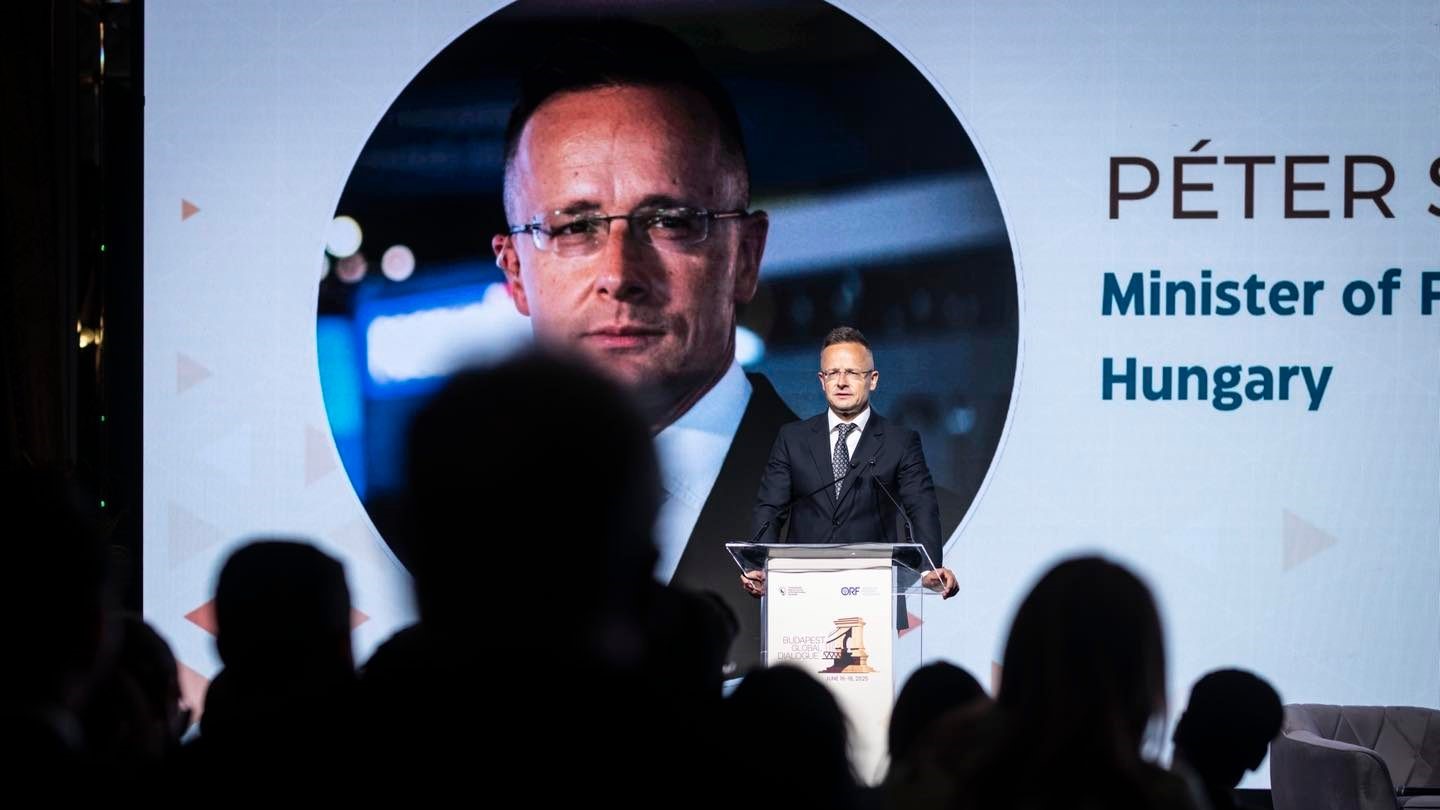
Speaking at the Budapest Global Dialogue 2025, Hungarian Minister of Foreign Affairs and Trade Péter Szijjártó warned of a new global order shaped by war, crisis, and division. He called for a ‘revolution of common sense’ and criticized EU isolationism, energy policy, and liberal dogmas.

‘Tihany somehow brings peace in every season: it is a joy to see Balaton, to walk around the area, to eat delicious food together, and of course, June gives the biggest joy when you can smell the scent of lavender everywhere. This peninsula is a gem that cannot be explored enough.’
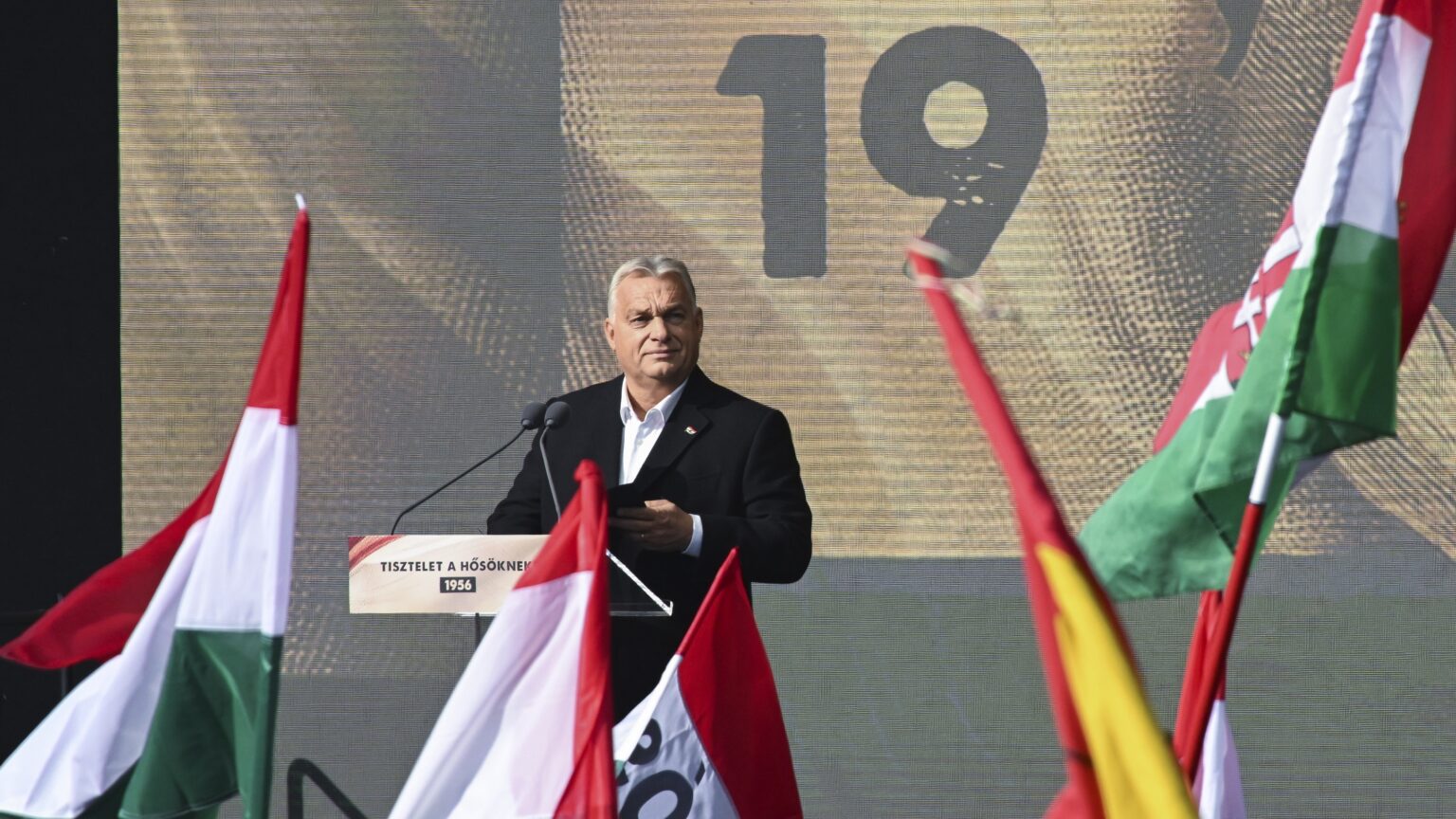
A 44-year-old man in a small town in Tolna County, Hungary has been arrested after he published a video on TikTok threatening to kill Prime Minister Viktor Orbán of Hungary and other public figures. The local court ordered his detention for one month while the investigation is ongoing.
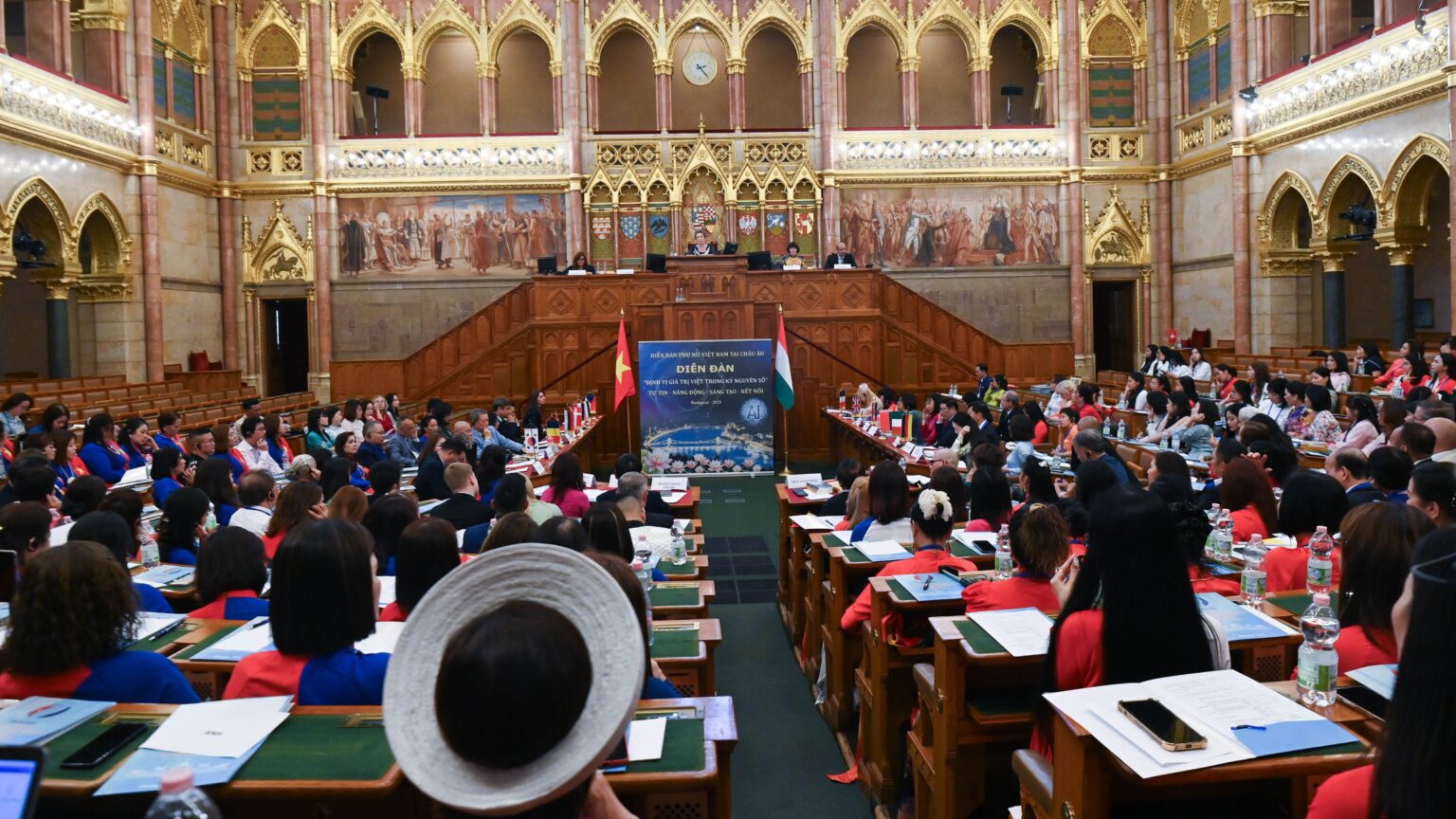
On 15 June 2025, Budapest hosted the forum Positioning Vietnamese Values Abroad in the Digital and Artificial Intelligence Era at the Hungarian Parliament. The event explored how diasporas use AI to preserve national identity and marked a deepening of cultural ties, led by the Vietnamese Women’s Forum in Europe.
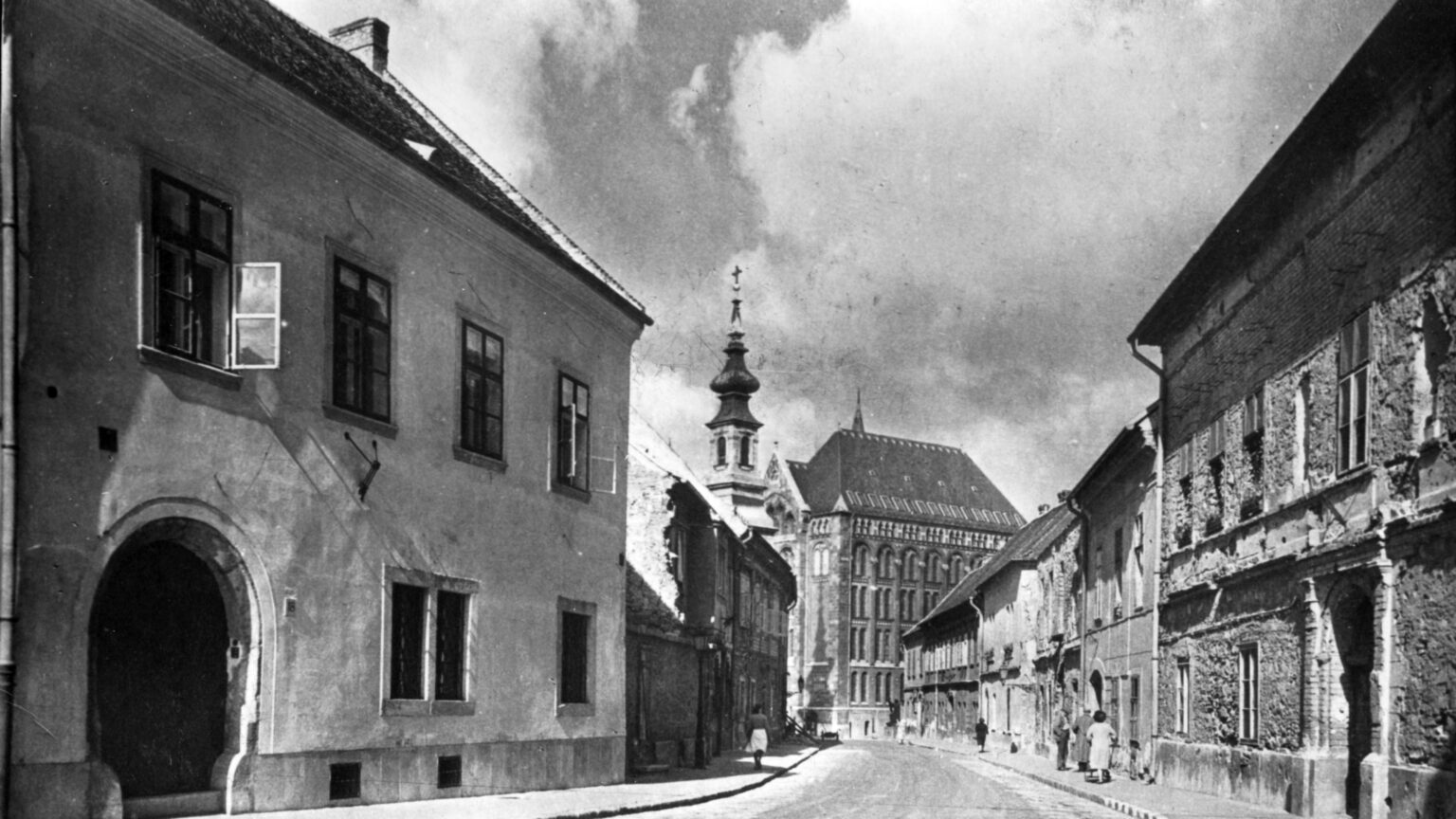
In the early 1950s, Hungary’s secret police targeted the Bécsi Kapu Square Lutheran congregation in one of its most extensive church surveillance operations. Despite amateur methods and critical errors, including mistaken identity, the investigation dragged on—highlighting both the paranoia and inefficiency of Rákosi-era state security.
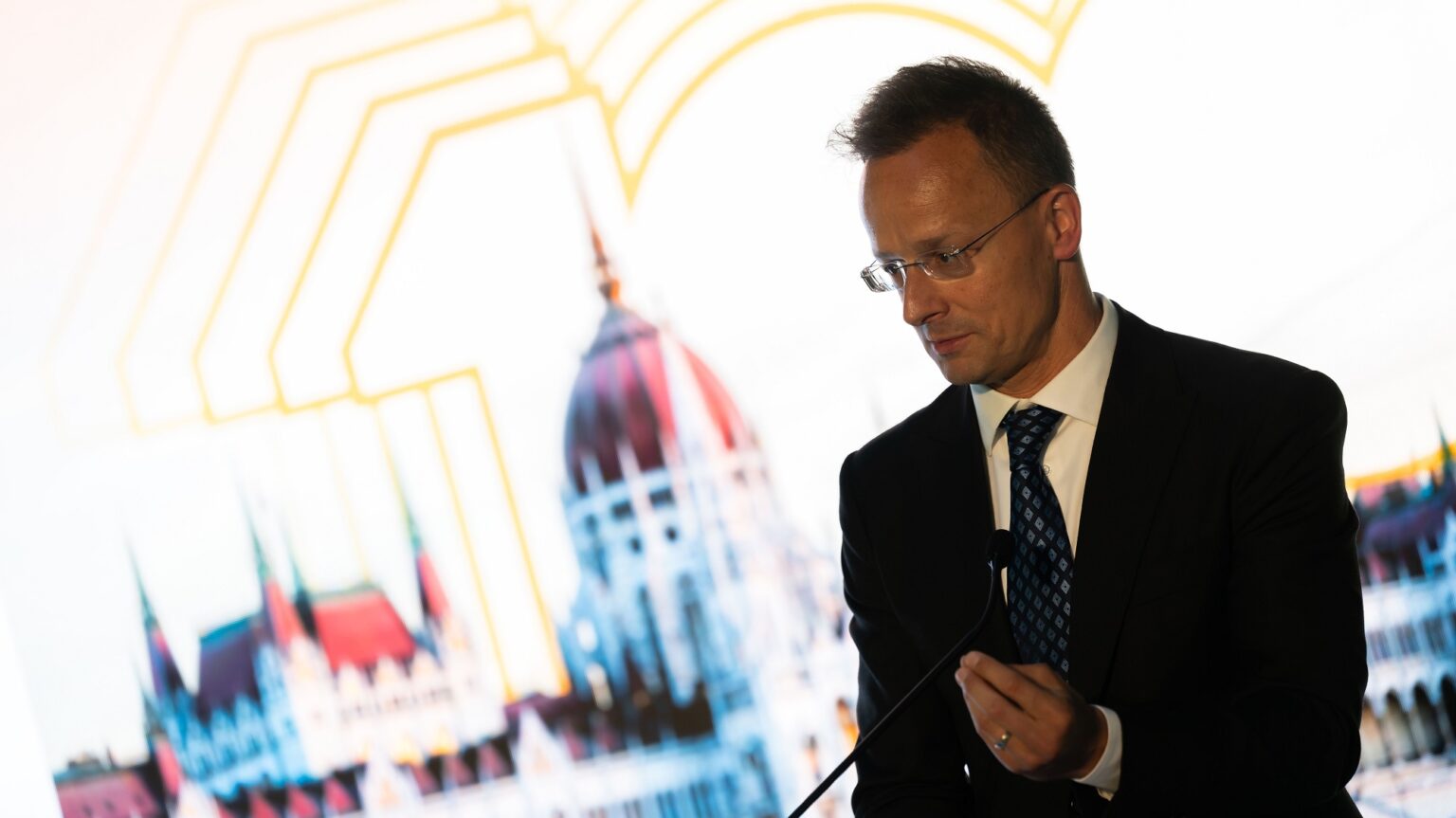
‘My colleagues listed some…fine principles: sovereignty, diversification, energy security, solidarity. However,…if the von der Leyen-Zelenskyy plan goes into effect, Hungary will be subject to the opposite of all these. This proposal is a serious violation of our sovereignty, since the Treaty on the Functioning of the European Union states that energy policy decisions are a national competence.’
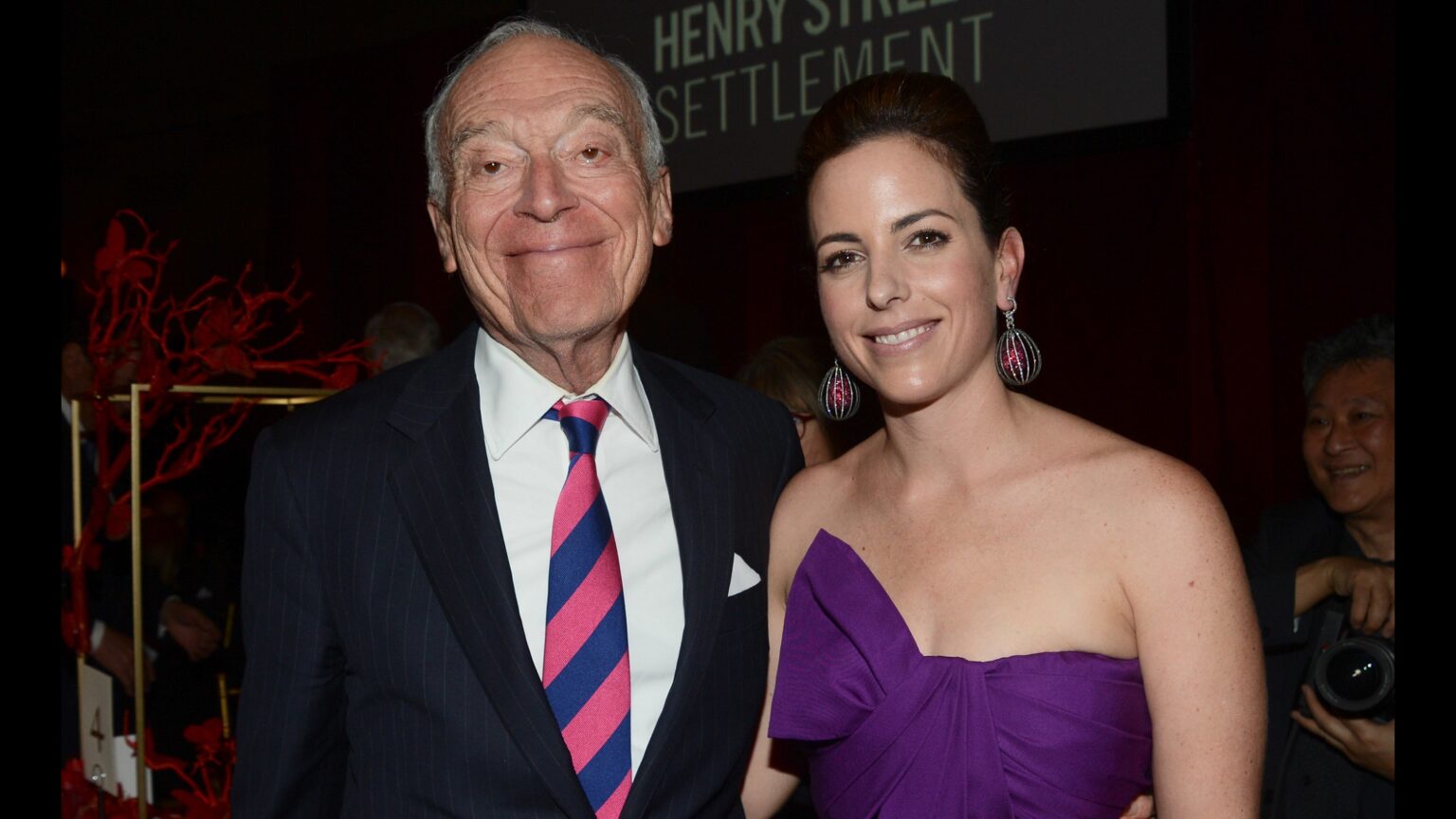
Leonard Lauder, Chairman Emeritus of Estée Lauder Companies and son of founder and legendary business mogul Estée Lauder of Jewish Hungarian ancestry, passed away at 92 on Saturday, 14 June.
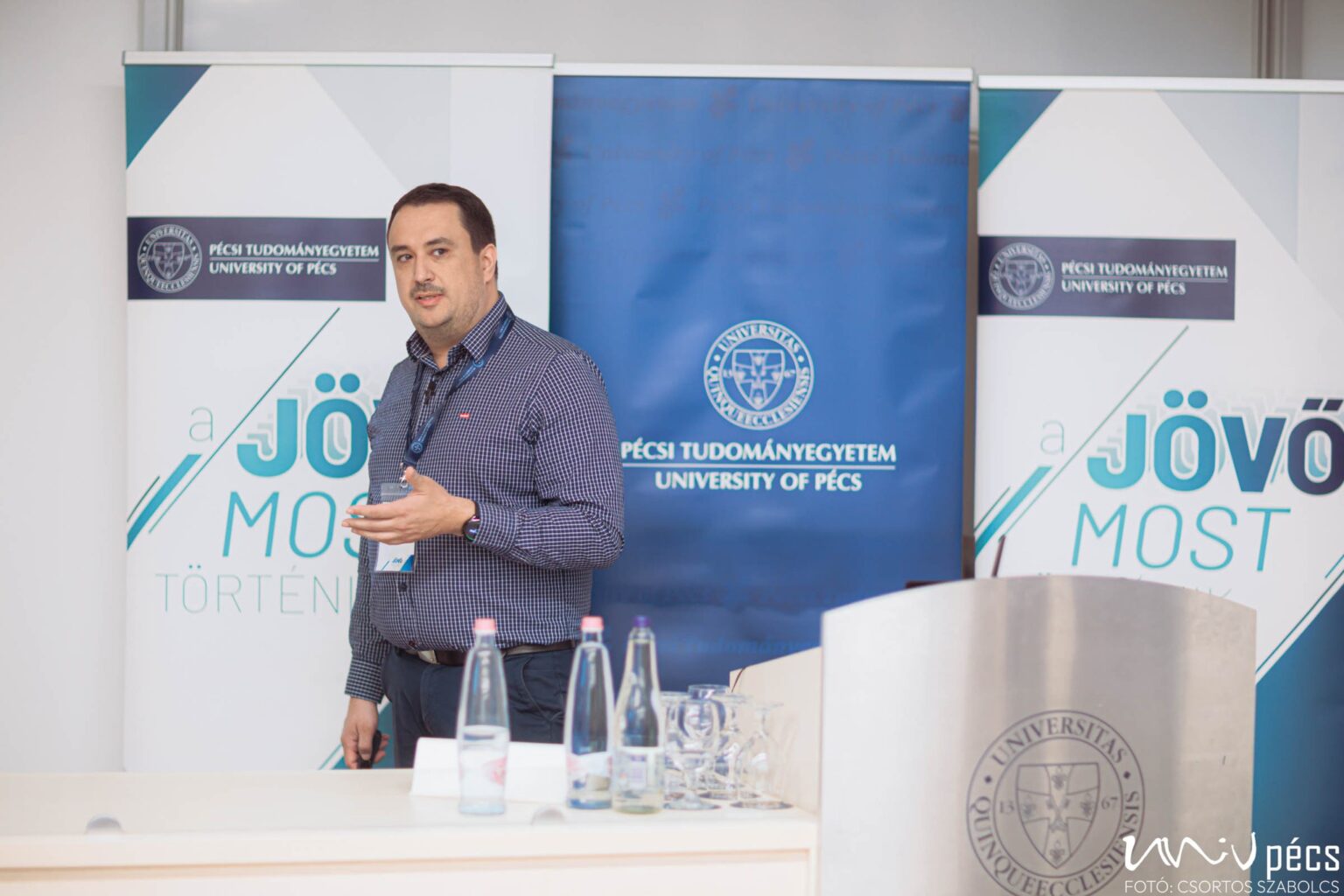
Gábor Gyurák, a lecturer at the University of Pécs Faculty of Engineering and IT, won the European title and placed second globally in Huawei’s international cybersecurity competition, marking a rare achievement for Hungarian higher education.
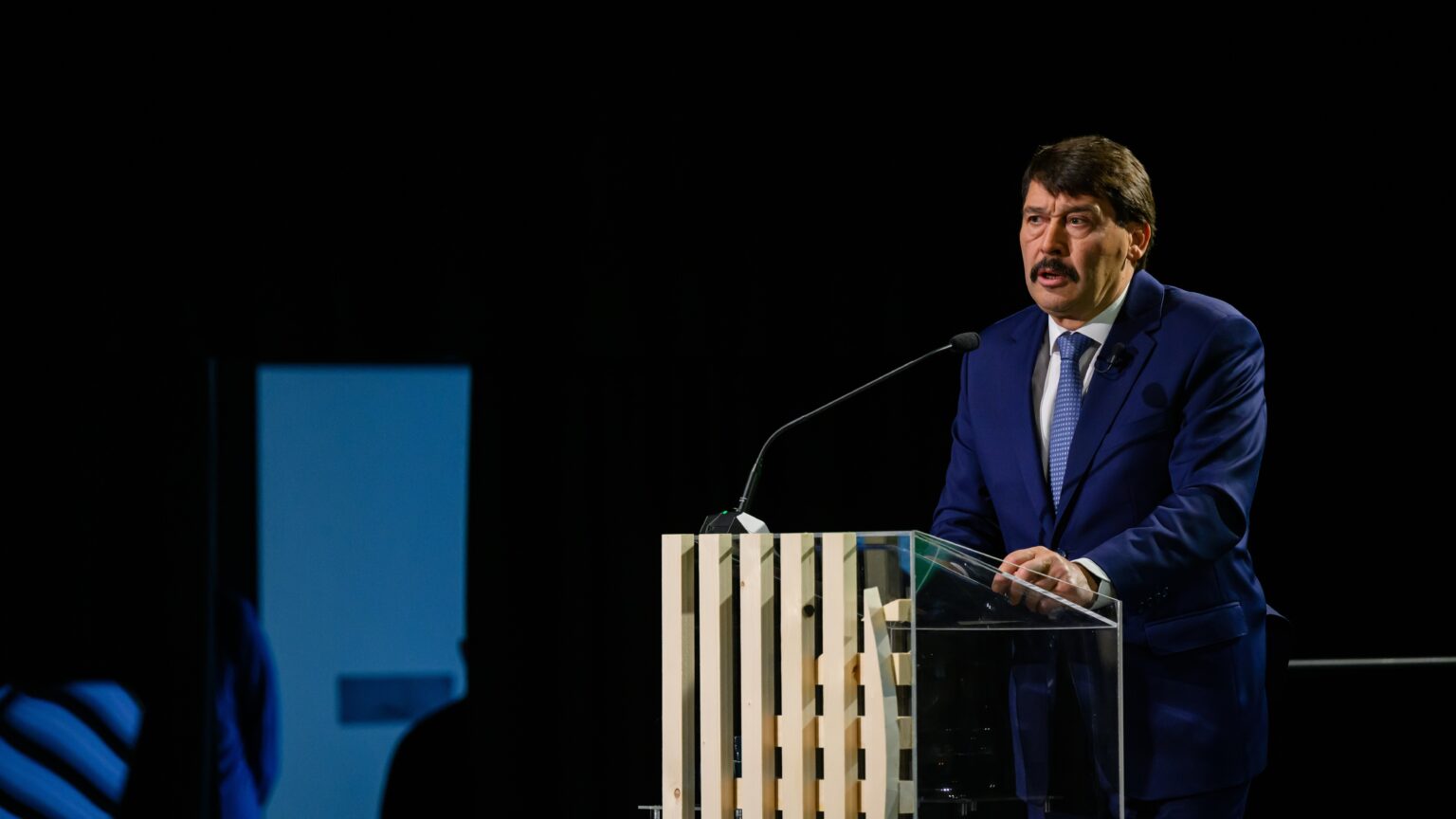
Former President Áder János announced the upcoming Planet Budapest 2026 expo while attending an environmental competition awards ceremony, where nearly 1,000 young participants presented sustainability solutions focused on climate and water issues.
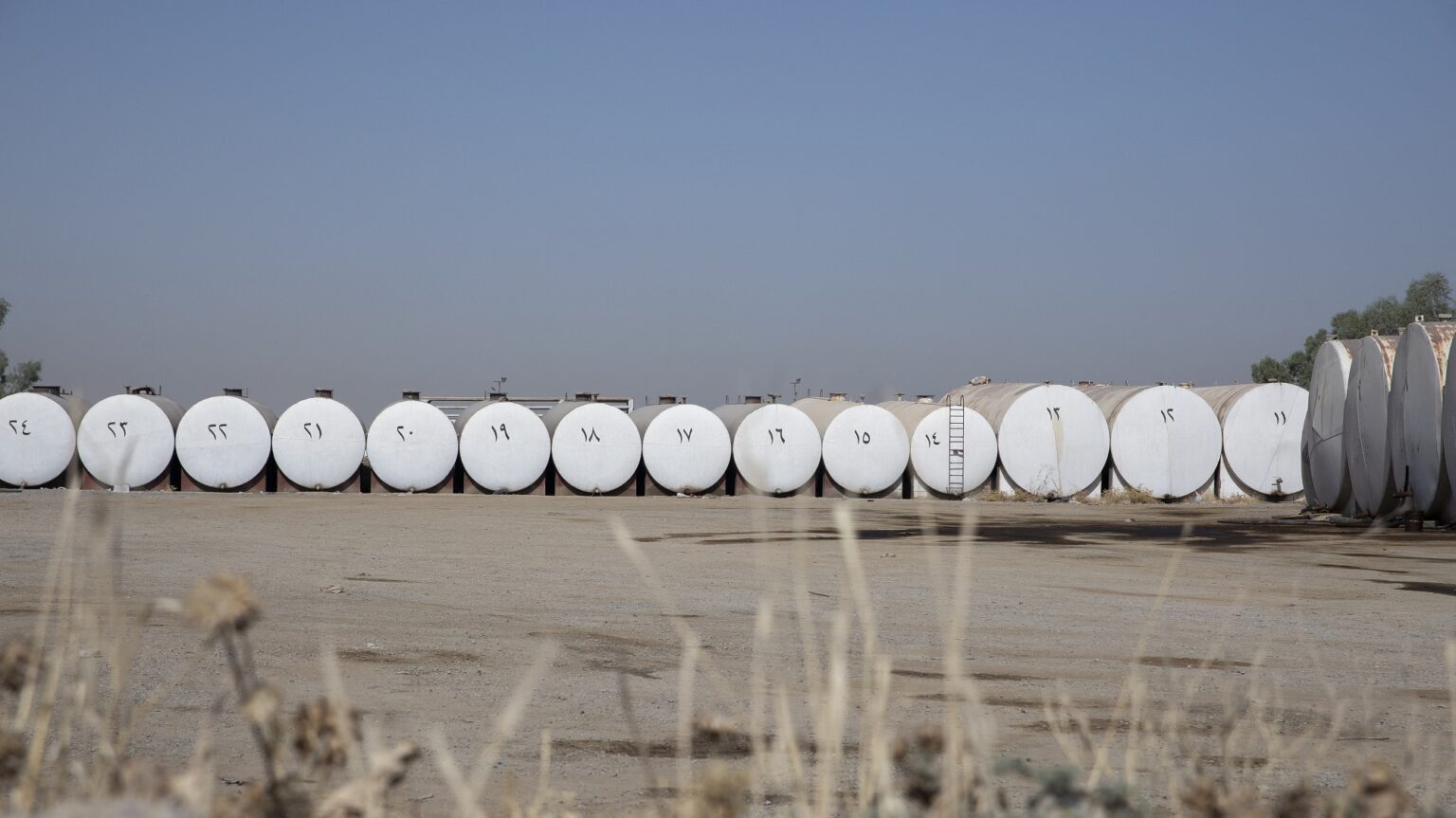
In response to the Israeli air strike on Iran last week, oil prices rose about 10 per cent on the international commodity markets, which, in turn, raised gas prices in the US. This is not good news for the Trump administration, as so far it has been served well by low gas prices and favourable monthly inflation reports.

The Hungarian historical drama Királytalálkozó (The Riddle Pact) won three awards at the Vegas Movie Awards, marking a major international debut for the film that revisits the legendary 1335 summit of Central European kings.

Hungary is demanding the EU suspend its plan to ban Russian energy imports in light of the Middle East war, warning that further supply shocks could cripple the European economy. Prime Minister Viktor Orbán urged Brussels to reassess the risks.
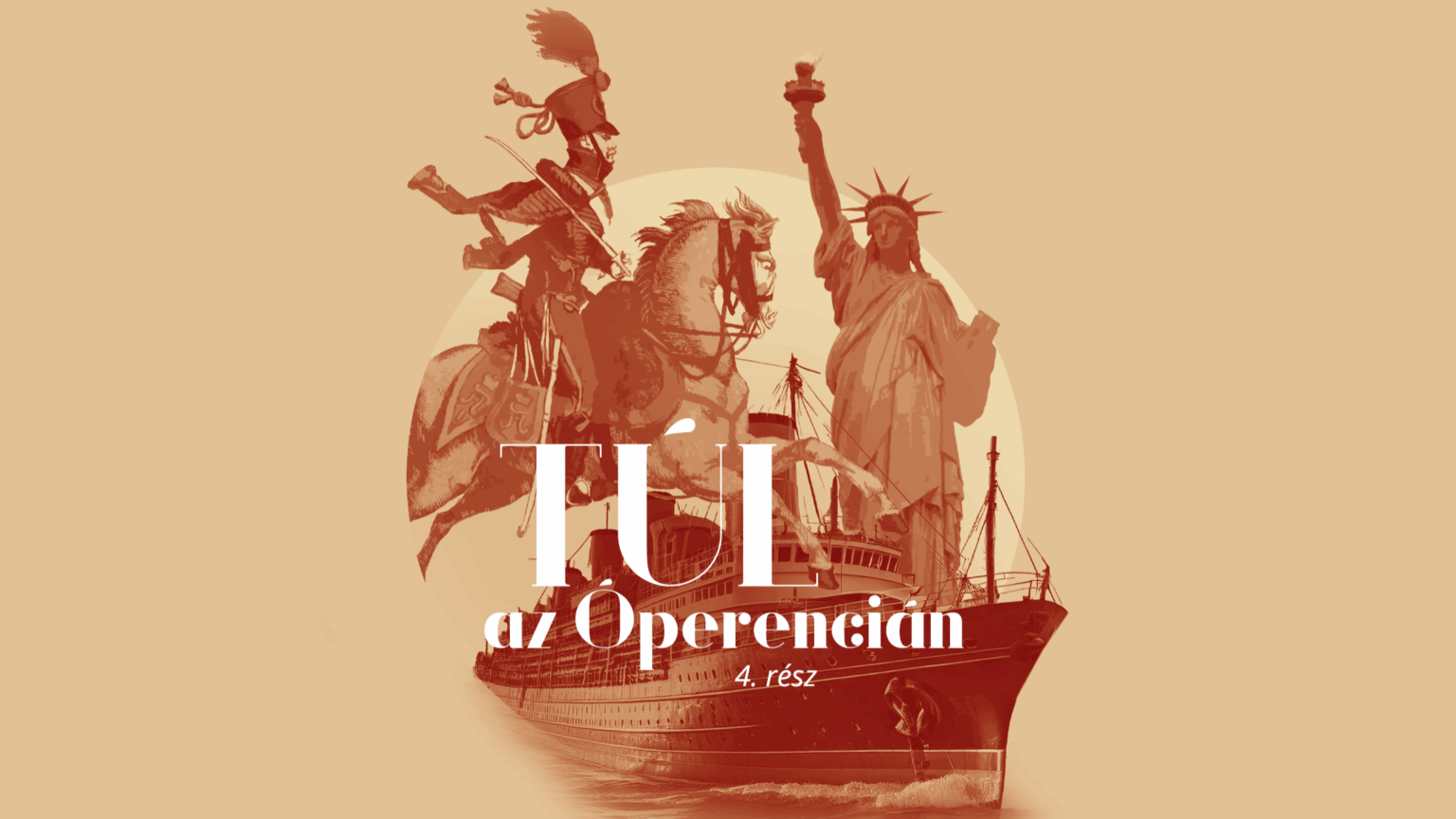
In its ‘Beyond the Óperencia’ series, Magyar Krónika is looking at the meeting points of America and Hungary, and at Hungarians in America, from penniless peasants to political emigrants and soldiers of fortune. In this part, let us explore the Kossuth emigration that made such a deep impression on American society that the ‘Hungarian cult’ was still thriving in the United States even more than ten years after the Hungarian governor-president’s tour.
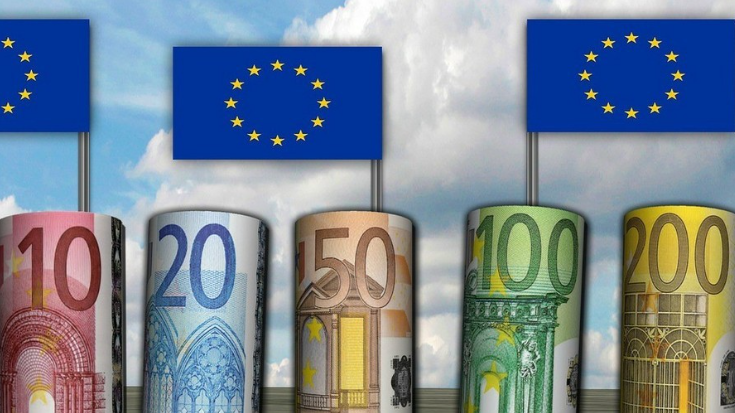
‘Although a certain acceleration in disbursements is expected in the remaining year, it still seems certain that leaving the 2026 deadline unchanged will mean the loss of billions of euros. In light of all this, there is a strong possibility that the Commission’s decision of 4 June, according to which projects must still be completed by 31 August 2026, is not the final word on the matter.’
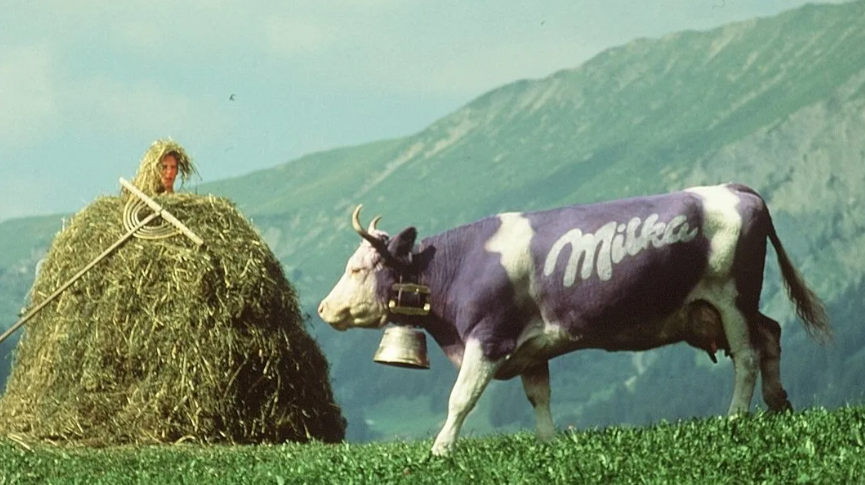
‘The idea first became a plan, then a highly acclaimed, successful advertising campaign…for which they needed to find a cow…The photographer accepted the assignment and travelled all over the Alps until he found the ideal model in the Simmental Valley. The animal was painted purple under strict veterinary supervision and then photographed. It has been Milka’s advertising cow ever since.’
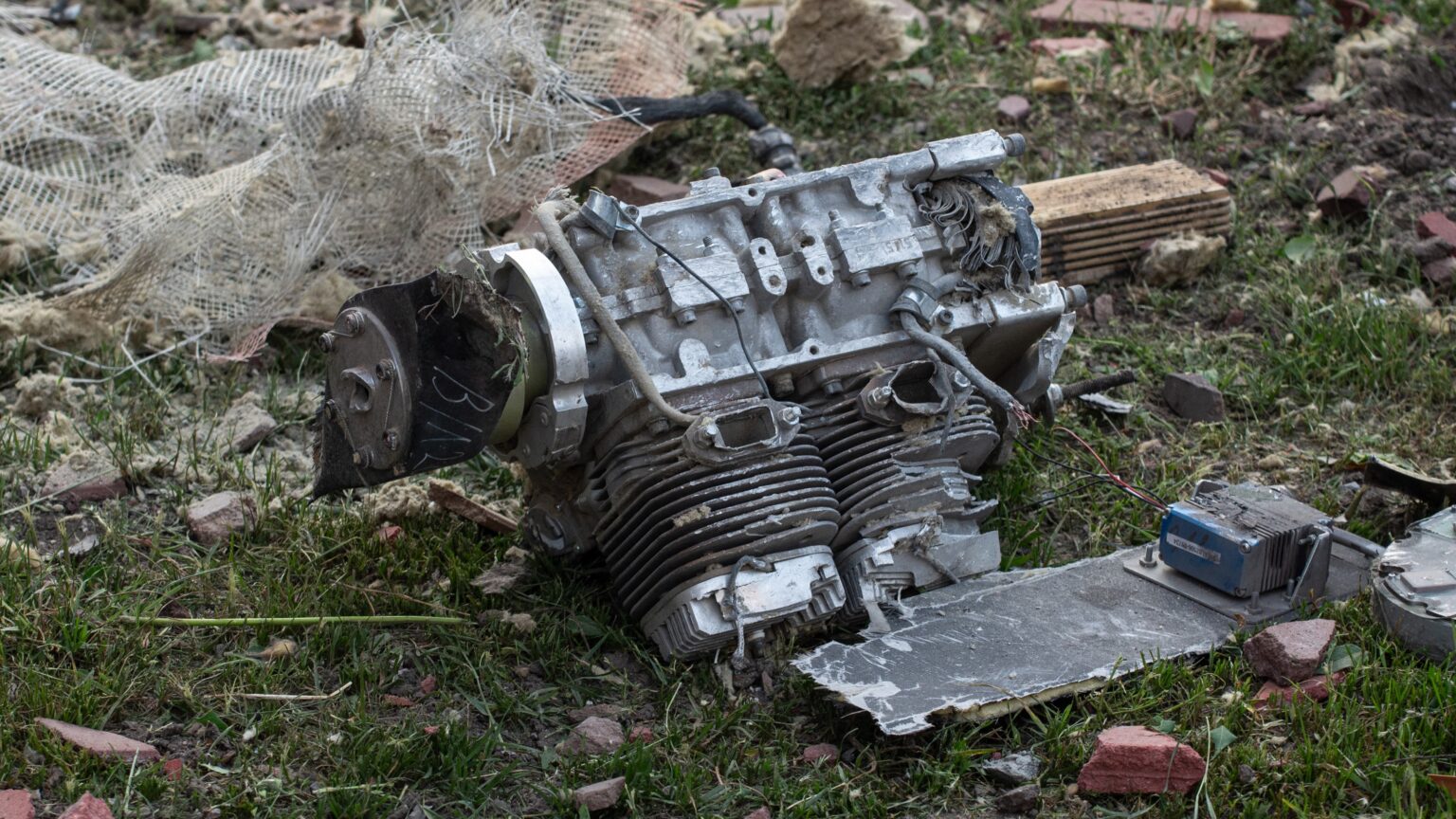
‘Operation Spiderweb has a more profound impact than simply enabling the Ukrainians to secure a decisive military victory over Russia; it sets a new precedent for warfare. Cheap $400 drones can be used to surgically strike enemy targets while either minimizing or preventing collateral damage. This leads to startling possibilities, both good and bad.’

‘Building a community under these circumstances is difficult, Winer admitted…He stressed that explaining the importance of community to young people is crucial. Many question what the church offers them and why it is important for their children to know Petőfi (one of the most famous Hungarian poets), as they will still be able to work without this knowledge.’

‘These attacks fall perfectly in line with President Trump’s new strategy in the Middle East, pursuing peace through strength by utilizing and increasing cooperation with Israel and the Gulf states…Trump has made it clear that he expects other states in the region to increase their share of the burden in providing regional security as he plans to shrink the U.S. military presence in the area.’
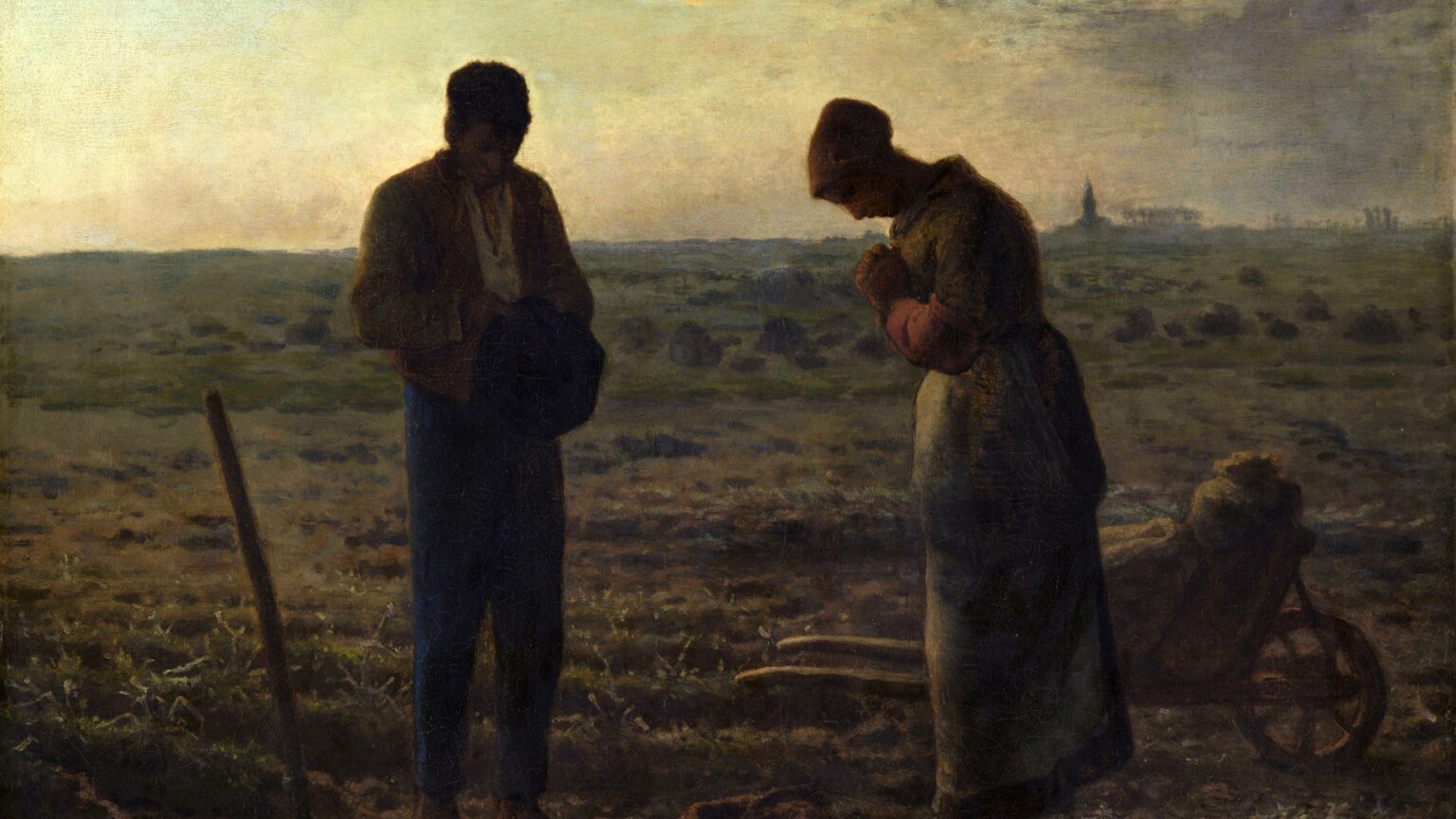
‘As conservatives, we understand that the world is a broken and imperfect historical place. We cannot go back in time, but we can focus on building a future that is more conscious of the dangers posed by the neo-Durkheimian order to local conservatism. To protect local conservatism and nourish its telos, we must argue for the restoration of national sovereignty…’
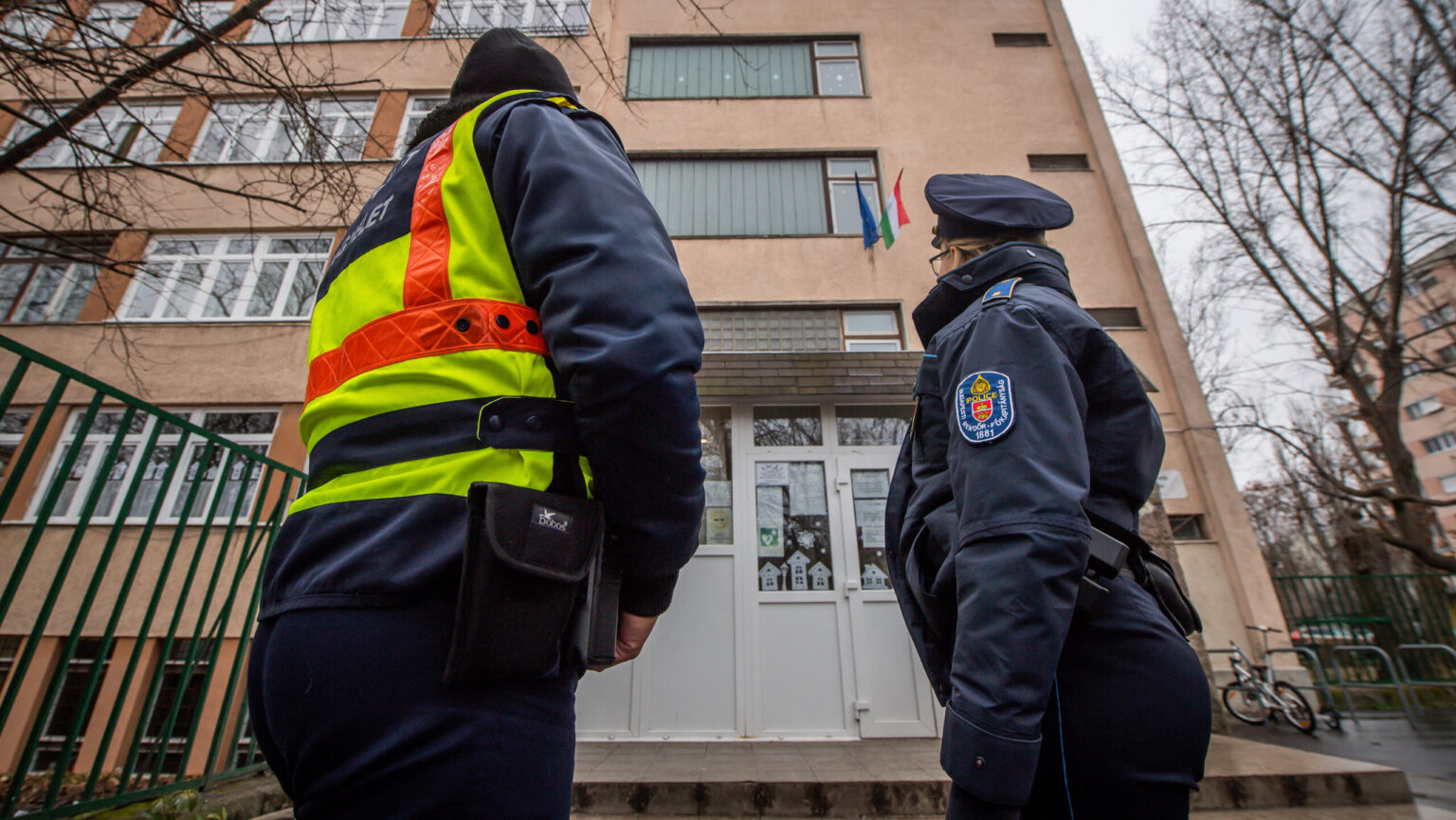
A 16-year-old Ukrainian refugee boy has been arrested for sending bomb threats to eight schools in Budapest, Hungary via email. Hungarian law enforcement managed to track down the perpetrator with the help of the FBI.

Israel launched a sweeping preemptive airstrike on Iran early Friday, targeting nuclear and military sites, as tensions between the two nations reached a boiling point. Tehran has vowed a harsh response, while Israel braces for a potentially prolonged war.
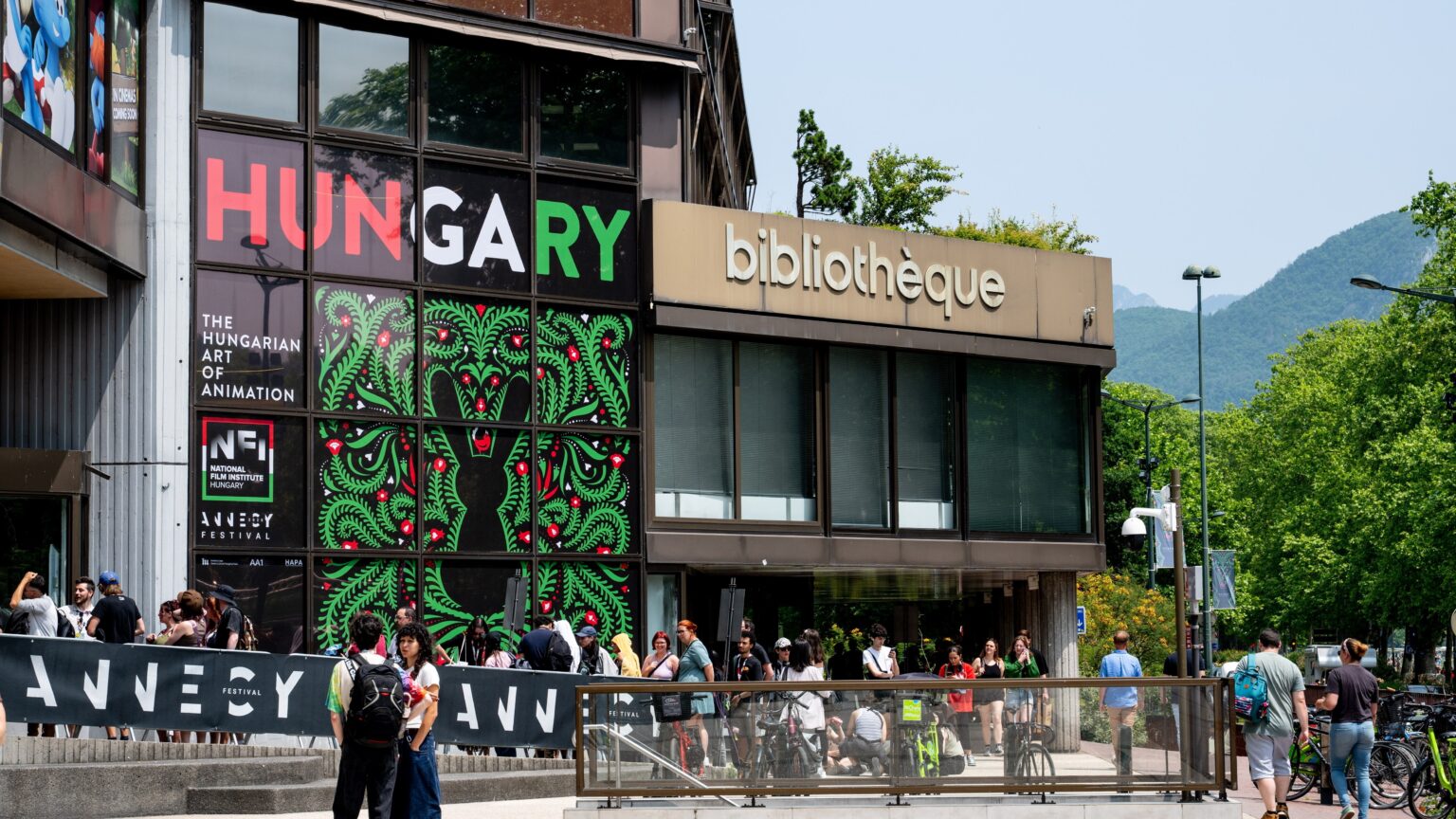
Hungary’s animation industry was honoured at the Annecy International Animation Festival, gaining international attention, forging new partnerships, and highlighting over a century of creative excellence in film, education, and technology.
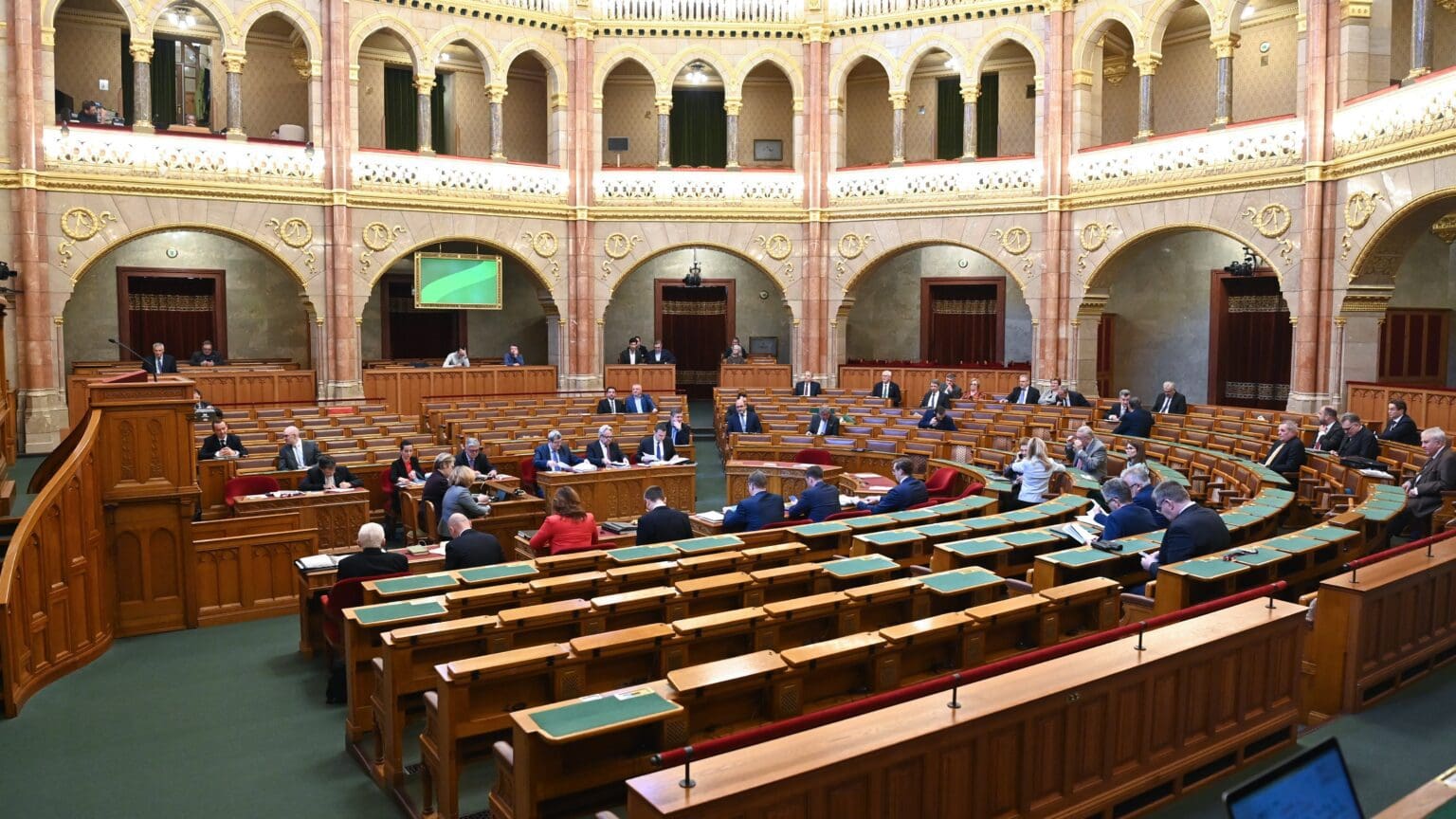
Hungary’s National Assembly passed a law allowing the suspension of citizenship for dual nationals deemed threats to public or national security. Non-EEA citizens serving foreign powers or convicted of serious crimes may be targeted. A designated minister will oversee cases.

Hungarian PM Viktor Orbán warned that admitting Ukraine into the EU would mean dragging the war into Europe. He criticized Western leaders, accused Brussels of overreach, and insisted Hungary won’t be drawn into conflict or dictated to by Kyiv.
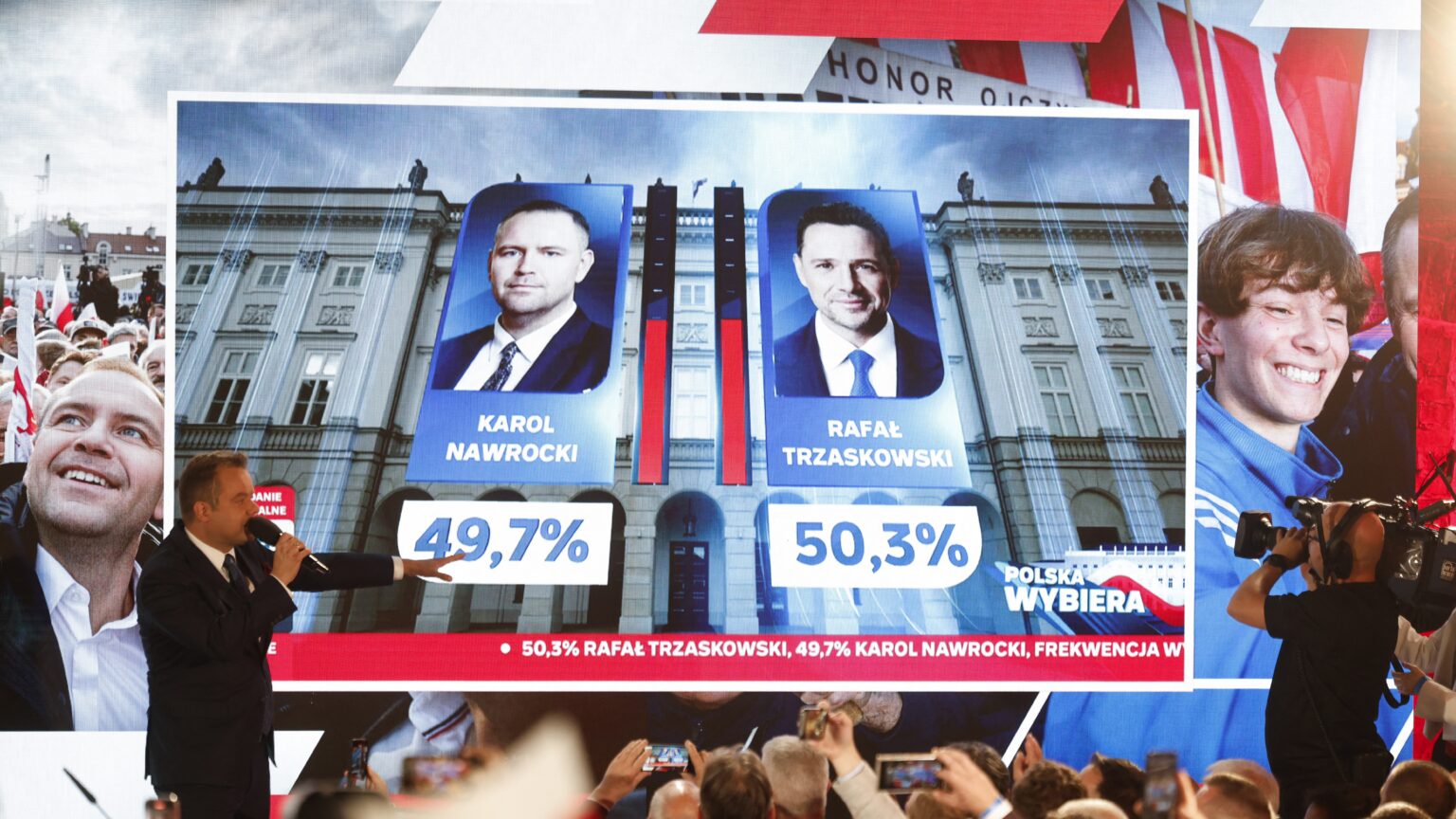
‘Trzaskowski lost because he should never have been the candidate—because his party distanced itself from its own electorate to the point of no longer being able to read their intentions, desires, and positions. Add to that the ever-growing urban–rural divide in present-day Europe, which…proved too steep even to be acknowledged by a party membership that is mostly urban and liberal-leaning.’
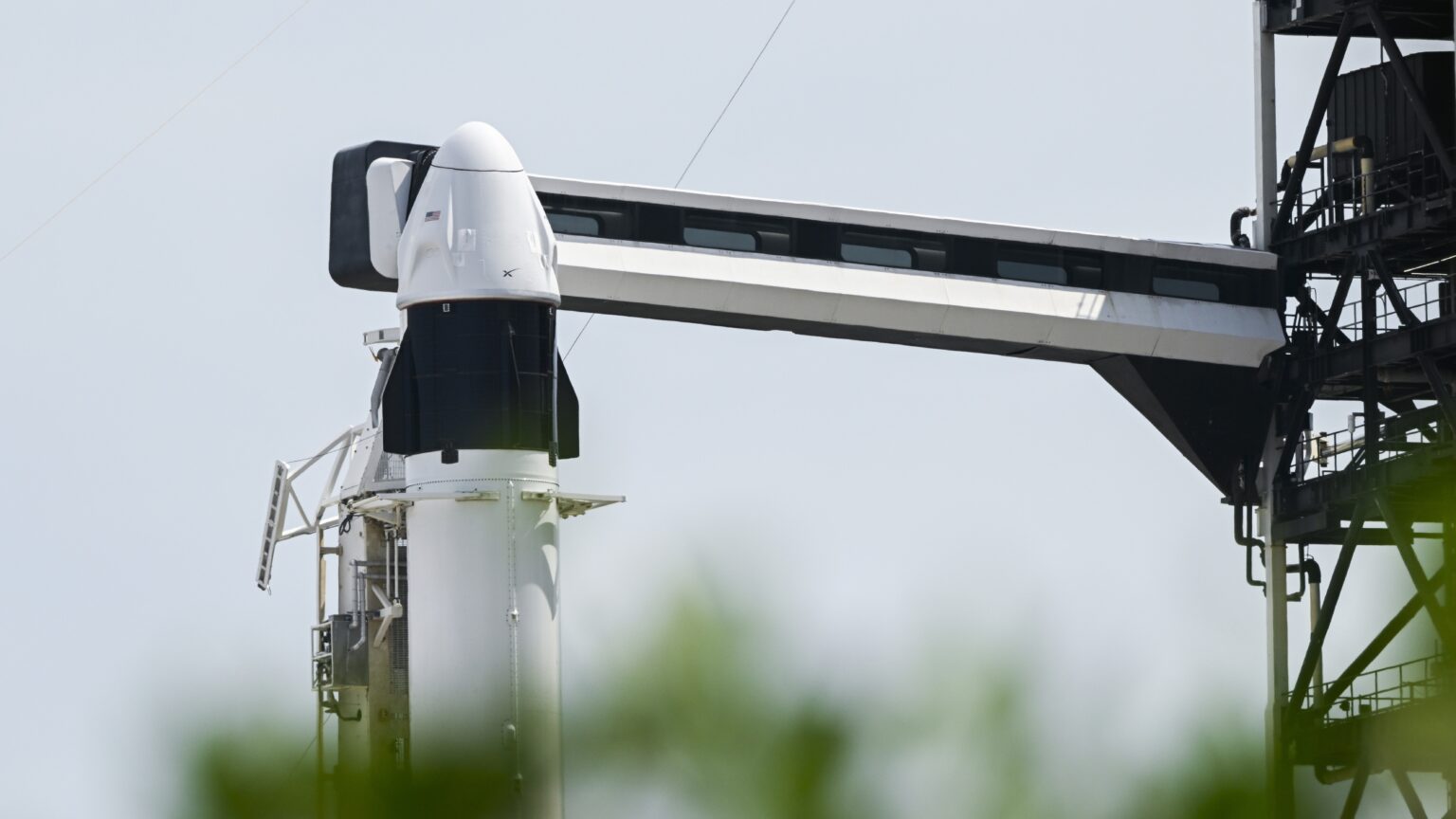
NASA has again postponed the Axiom-4 space mission due to a newly detected pressure fluctuation aboard the International Space Station. Hungarian astronaut Tibor Kapu remains in pre-launch quarantine as a new date is determined.
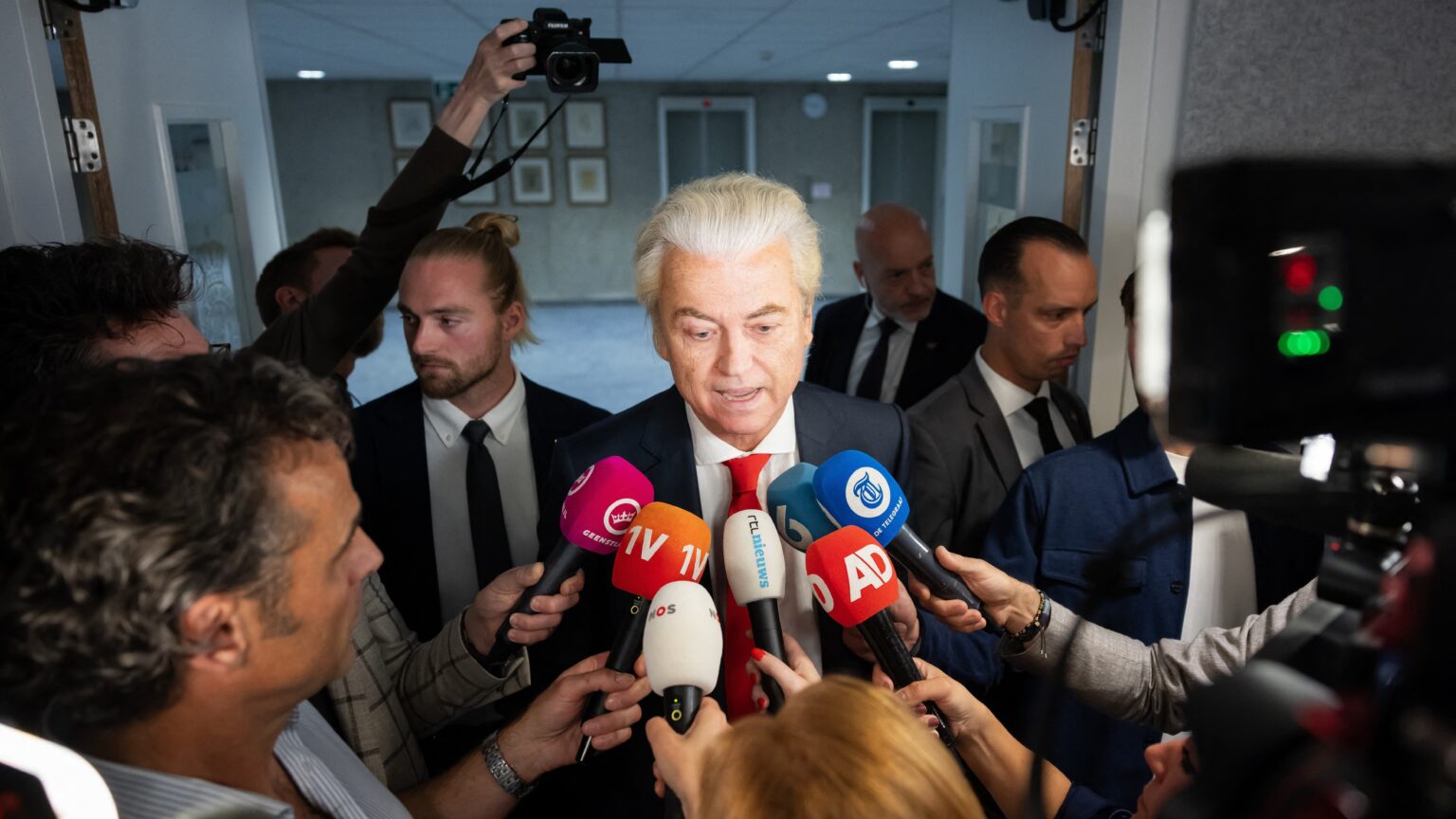
‘New elections are expected later this year, and the Dutch right faces a painful dilemma. On one hand, there is a clear need for change: uncontrolled immigration, extreme climate policies, and growing EU interference are major concerns. On the other hand, the right still lacks the organization, leadership, and infrastructure to deliver that change.’

Fehérvár FC (formerly known as Videoton), once a Hungarian football giant, has been relegated for the first time in 25 years. After public drama between its owner and the Mayor, the city municipality bought the club for the nominal fee of 1 HUF. Now under municipal control, survival—not promotion—is the goal for next season.
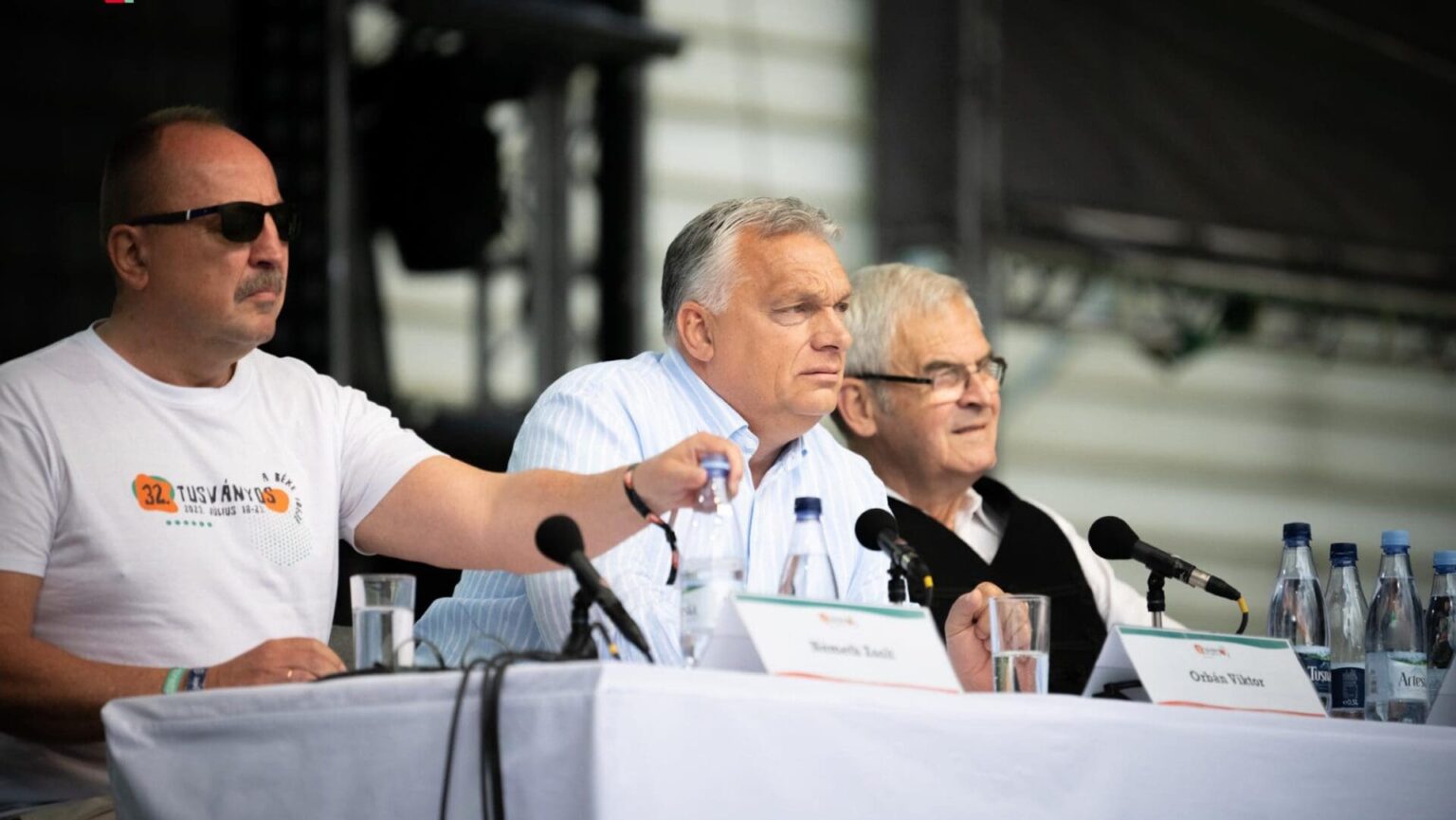
Despite opposition leader Péter Magyar walking on foot from Budapest to Nagyvárad (Oradea) to court voters, Fidesz remains immensely popular with Transylvanian Hungarians holding dual citizenship. A new poll by a Koloszvár (Cluj)-based research firm found that 96 per cent of them would back Prime Minister Orbán’s party in an election.

Hungarian Conservative is a quarterly magazine on contemporary political, philosophical and cultural issues from a conservative perspective.